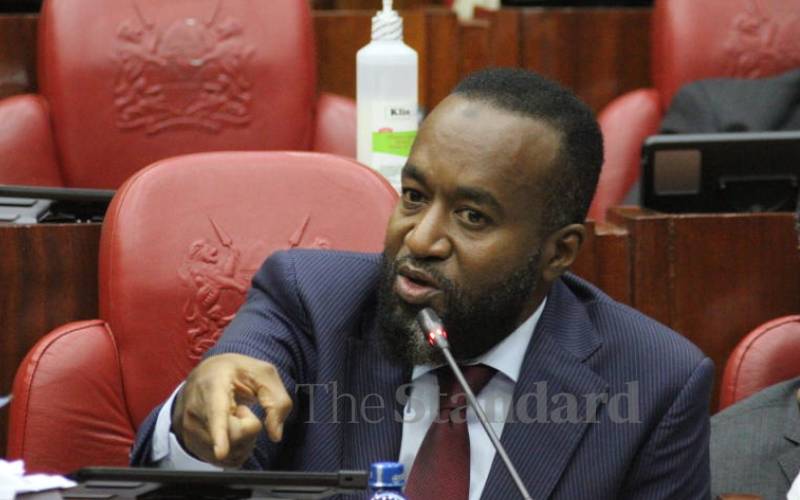×
The Standard e-Paper
Smart Minds Choose Us

Governor Hassan Joho in Senate, September 10, 2021. [Elvis Ogina, Standard]
Mombasa Governor Hassan Joho has defended himself against claims of irregular re-settlement and compensation of residents to pave the way for the Sh6 billion Buxton Point Estate project.